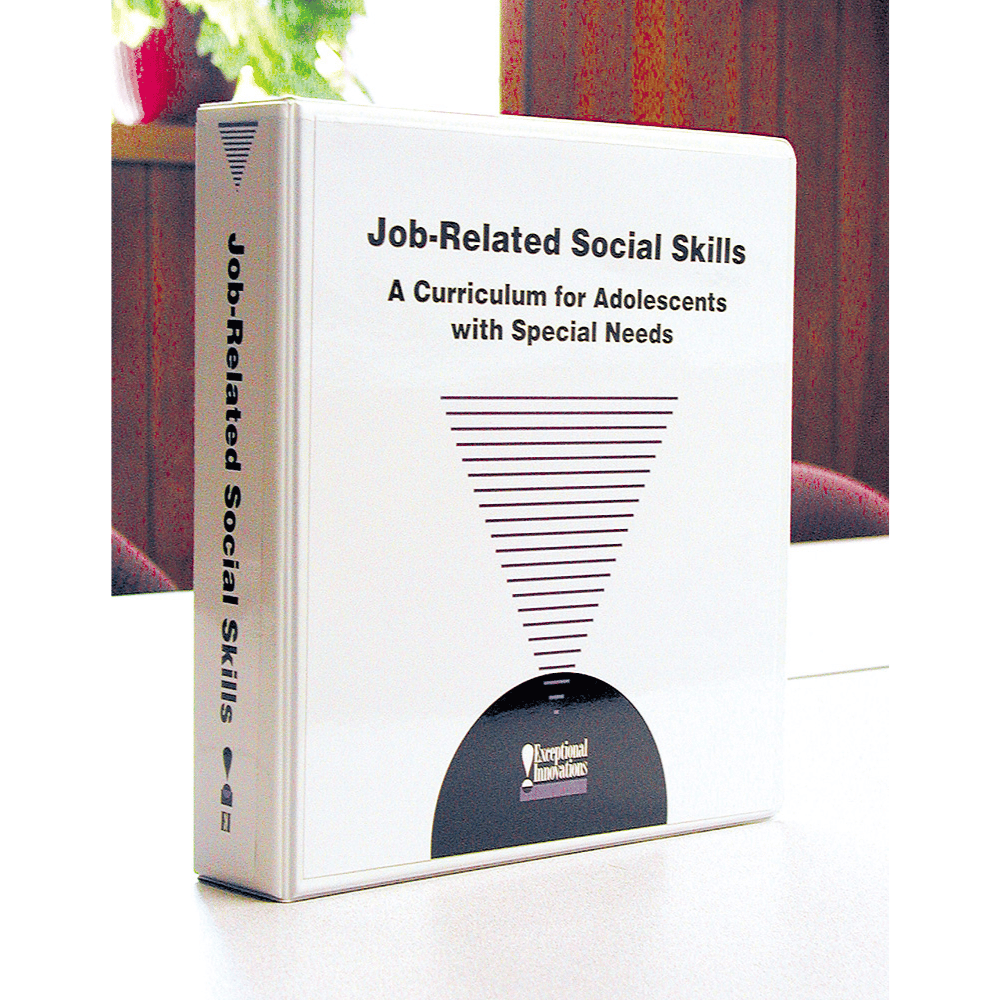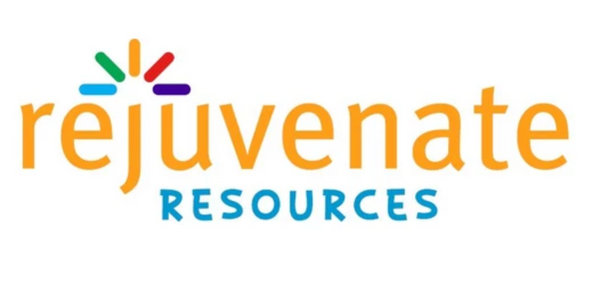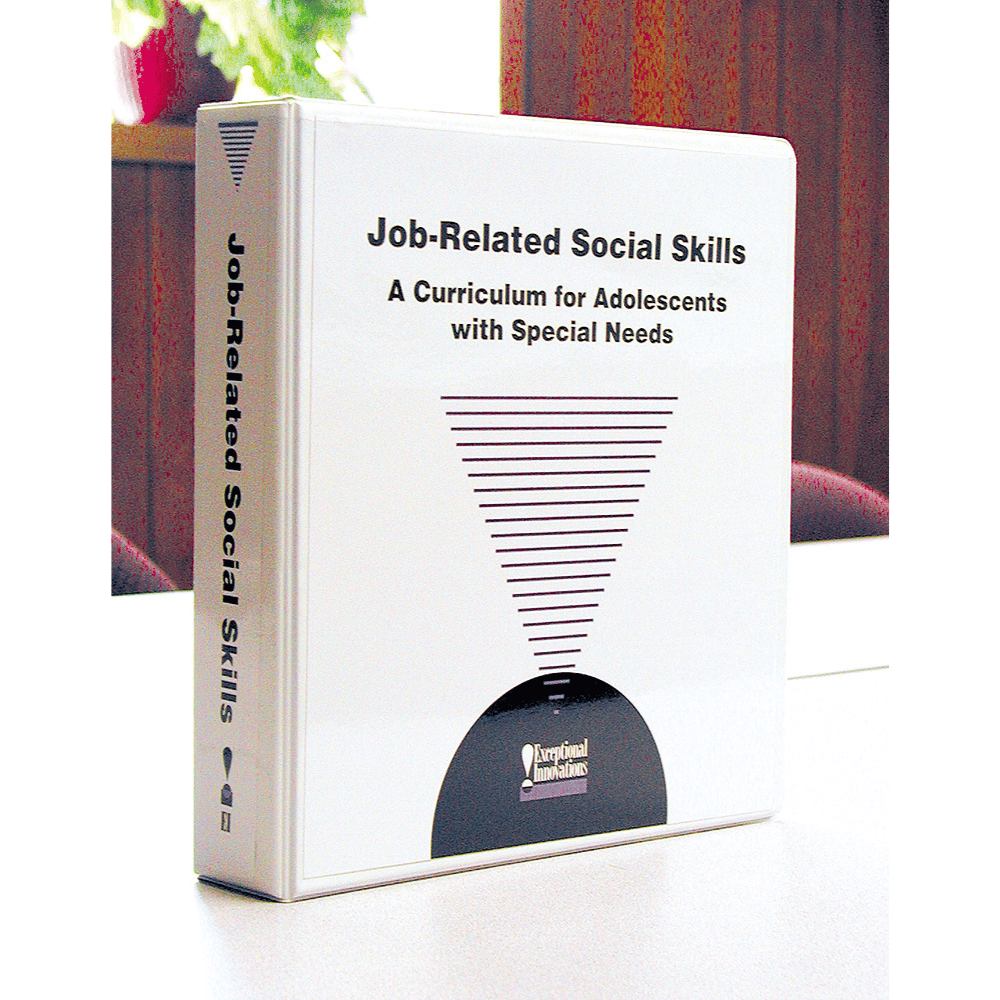Job Related Social Skills (First Edition)
Job Related Social Skills (First Edition)
A Curriculum, for Adolescents with Special Needs
By Marjorie Montague & Kathryn Lund
Grades 9 - Adult | Ages 15 - 22
SKU:#TPX6801
Low stock: 1 left
Couldn't load pickup availability
- We Accept Purchase Orders!
- Fully Secured SSL Checkout
- 30-Day Return Policy
Share
About Job Related Social Skills: A Curriculum
Many students, including those with special needs, are frequently at a disadvantage in competitive employment. Why? Because they lack appropriate communication and social interaction skills. As a result, students often encounter problems when initiating interactions or responding to others. That’s why teachers need to teach, and students need to learn, the job-related social skills curriculum.
Good communication and interaction skills are essential for finding, getting, and keeping a job; in fact, many employers consider social skills/behaviour and good communication more important on the job than technical training. Furthermore, employers also report that many employees lose jobs because of personality factors and the way they relate to people—not because of inadequate performance of the job itself. What employers are saying, in other words, is that they fire people for having poor social skills on the job. It is critical, therefore, that individuals receive instruction in the skills necessary for job success, regardless of age, gender, qualifications, disabilities, or past school and work history. These skills are the ones they learn in the job-related social skills curriculum.
Preparing Students to Enter the Workforce Requires Social Skills
The purpose of Job-Related Social Skills: A Curriculum is to teach social skills that will increase job success. This evidence-based program is designed for a one-semester course. It provides for the explicit instruction of 18 job-related social skills and job monitoring procedures to facilitate skill maintenance.
The authors identified social skills through a literature review and through conferences with employment experts. The sequence of social skills they selected for the training program is as follows:
- Ordering Job Responsibilities
- Understanding Directions
- Making Introductions
- Asking Questions
- Asking Permission
- Knowing How to Ask for Help
- Accepting Help
- Offering Help
- Requesting Information
- Taking Messages
- Engaging in a Conversation
- Giving Directions
- Responding to Compliments
- Giving Compliments
- Convincing Others
- Apologizing
- Accepting Criticism
- Responding to a Complaint
Strategies Behind the Job-Related Social Skills Curriculum
The authors formed the curriculum around a task analysis of social behaviours to be learned, systematic instruction with repeated practice, and feedback to the learner on the appropriateness of responses. Students use self-management strategies to increase their responsibility for performing on-the-job behaviours. Teachers systematically teach the strategies of self-instruction, self-questioning, self-monitoring, and self-reinforcement. Since students generally learn social skills by observing the actions of others, they learn to refine their observation skills and improve their interaction and problem-solving skills—in other words, they learn to “think” before they act.
This instructional program was validated with individuals between the ages of 15 and 22 who had mild to moderate learning disabilities, emotional/behavioural difficulties, and/or cognitive challenges. However, researchers concluded that the program is also appropriate for low-achieving or low-quartile students who exhibit social skill deficits. In summary, the evidence has shown that the job-related social skills curriculum works with a broad range of students.
What’s Included
The Job-Related Social Skills Curriculum provides:
- Guidelines for teaching job-related social skills and on-the-job problem-solving.
- Methods to assess the performance of students on specific social skills.
- Lessons for individual and group instruction across a variety of job-related skills.
- Activities to enhance transfer of social skills to work settings.
- Strategies to promote maintenance of learned skills in the workplace.


